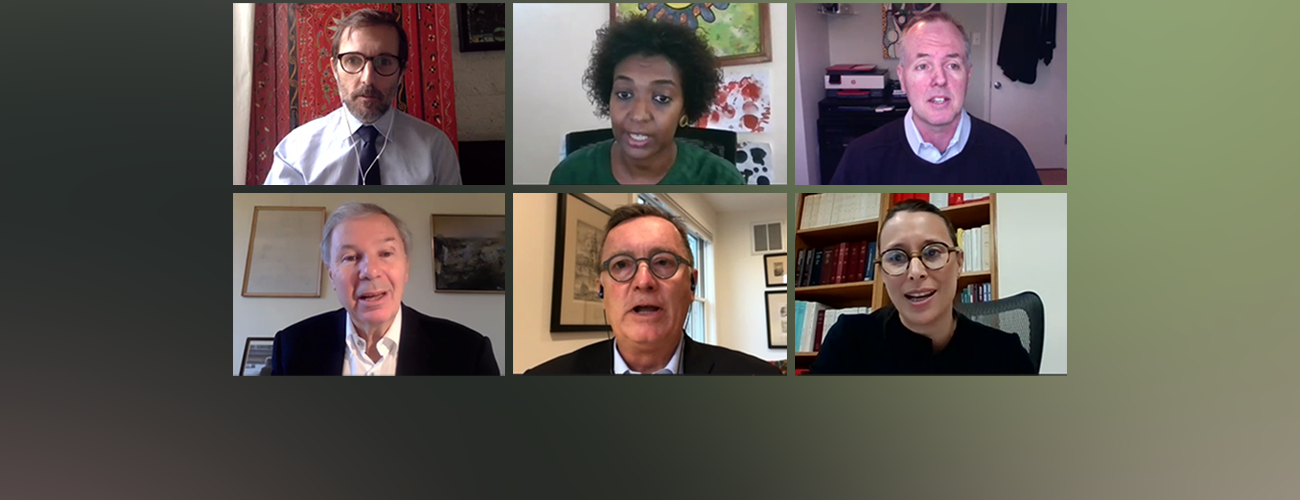On December 9th, IPI together with the UN Department of Peace Operations cohosted a virtual event on “The Future of UN Peacekeeping.”
The panel event was part of a wider process led by the UN Department of Peace Operations (DPO) to anticipate changes, considered emerging strategic trends and possible future scenarios and their potential implications for UN peace operations.
Over the coming decade, existing and emerging trends are likely to continue and deepen. How should the UN prepare and adapt peace operations for these challenges to international peace and security? Geopolitical competition will have consequences for how the UN responds, and under what circumstances. Changes in prevailing conflict dynamics may further strain established UN tools, while also necessitating new approaches. Global economic downturn in the wake of Covid-19 is likely to have consequences for peace and stability and the financial wherewithal of the UN to respond. Meanwhile, climate change, disease, migration, and new technologies will shape the international peace and security challenges of the next decade—and the types of responses that will be required.
The discussion also reflected on how the UN should adapt its policies, practices, skills, and capabilities in order to continue to make an effective operational contribution to peace and security.
Panelists:
Ms. Rania Dagash, Chief, Policy and Best Practices Service, UN Department of Peace Operations
Dr. Paul Williams, Professor, Elliott School of International Affairs, The George Washington University
Mr. Jeffrey Feltman, John C. Whitehead Visiting Fellow in International Diplomacy in the Foreign Policy program at the Brookings Institution, and Senior Fellow, UN Foundation
Mr. Jean-Marie Guéhenno, Distinguished Fellow, Brookings Institution
Ms. Laetitia Courtois, Permanent Observer to the UN & Head of Delegation for the International Committee of the Red Cross
Moderator:
Mr. Jake Sherman, IPI Senior Director of Programs








